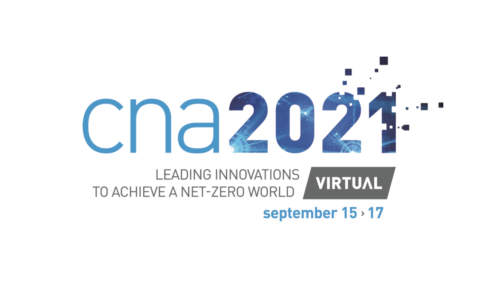
The Next Generation of Nuclear
June in Paris. It’s a time for lounging in the gardens just outside of the Louvre and stopping into Berthillon’s for a sweet escape from the crowds. It’s also where young professionals from all over Europe will gather June 22nd – 26th to discuss the next wave of nuclear energy.
 A 2014 report by the IAEA looked at the role of nuclear energy in the fight against climate change. What the report found, was that if substantial measures are not taken to curb CO2 emissions we will see our pollution footprint rise to an estimated 20% by 2035.
A 2014 report by the IAEA looked at the role of nuclear energy in the fight against climate change. What the report found, was that if substantial measures are not taken to curb CO2 emissions we will see our pollution footprint rise to an estimated 20% by 2035.
Population growth and economic development are driving the demand for electricity, forecast to double by 2050. According to the Intergovernmental Panel on Climate Change, the demands of industry and population growth will require that 80% of all electricity generation come from low-carbon sources.
One of the most effective ways to meet these targets is through nuclear power. In May, 39 nuclear societies representing 36 countries signed an agreement in Nice, France in May to show their commitment towards helping the environment.
The building blocks of this commitment will continue to be strengthened as an estimated 400 students and young professionals from across Europe gather in Paris to tackle energy generation and the environment head on. According to Sophie Missirian, the SFEN Young Generation President, it is a key role for the future of the industry.
“I believe it is the role of the young generation to defend the idea that nuclear is a solution to fight climate change and must be recognized as such.”
Six months ahead of the big climate summit in Paris, conference organizers and attendees will key in on how to find success in December. They will take on issues including the impact of uranium mining on the environment, waste management options and the physics behind building reactors. The success of this year’s conference has yet to be realized but as one attendee put it, “It’s great that we are having this nuclear renaissance across Europe and across the world.”
The Young Generation Network exists in 48 countries. It was established twenty years ago by the European Nuclear Society as a way to exchange knowledge and encourage the participation of young people in national nuclear sectors.

